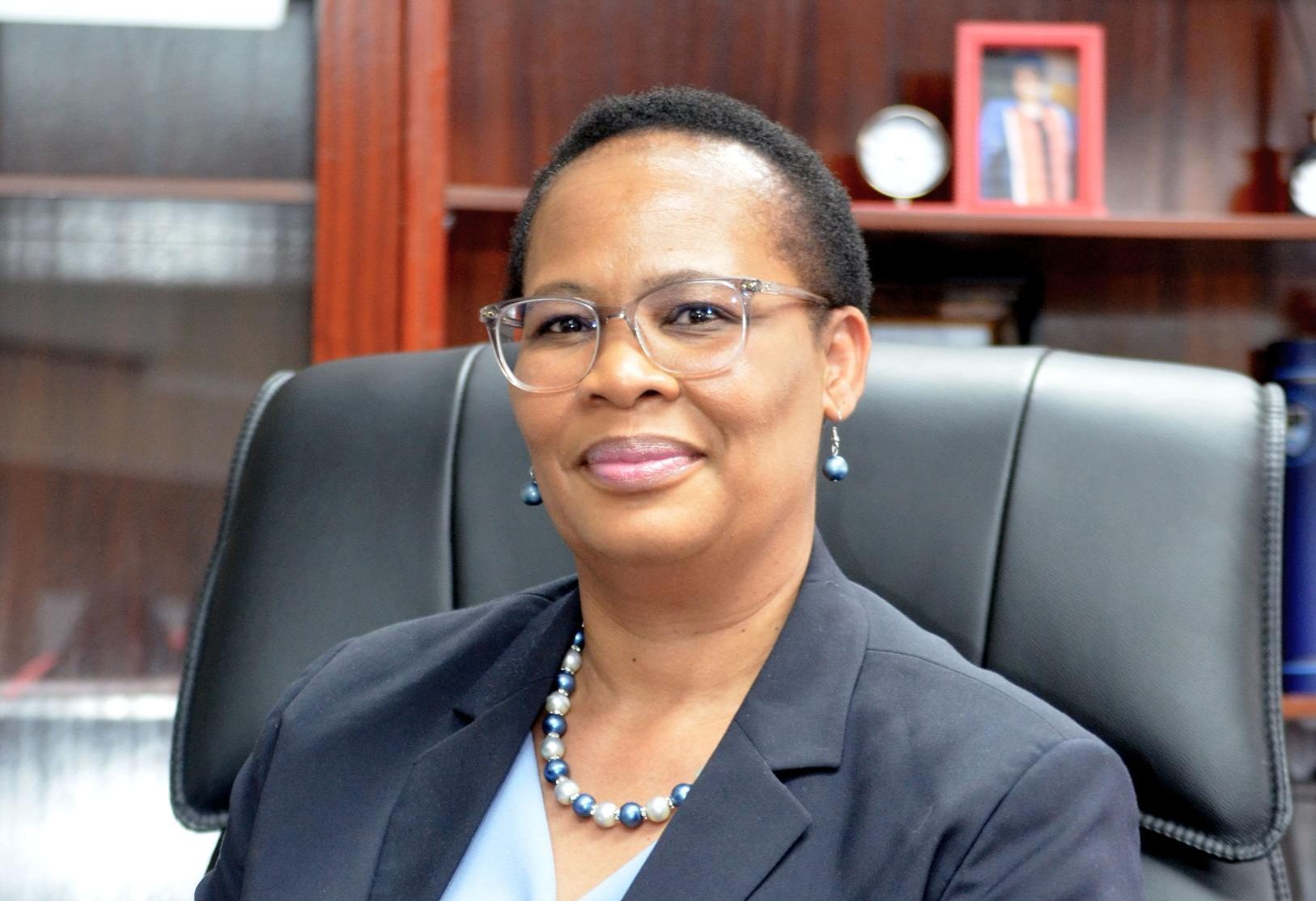The role of a students’ union CEO
Ben Vulliamy, Chief Executive at University of York Students’ Union, describes the complex and varied role of a students’ union CEO.

I found myself recently describing the role of a students’ union chief executive officer (CEO) within a wider higher education structural context.
I described universities as broken down into students, academics, professional services staff, and management or senior leadership.
I went on to explain that, while a students’ union CEO works specifically for one of these groups, they don’t sit within any of them. That can be both lonely and liberating. It can create a freedom to operate, as well as a disconnection from operations.
At its best, it gives me a unique, helicopter view of the institution that can see a long-term strategic opportunity when others are reacting to the pressing challenge. We are constantly splitting time and focus between today and a longer term horizon.
At its worst, it can mean that the union and university duplicate one another, pull in different directions, or alienate academic and social life functions.
The role of a students’ union CEO
The immediate organisational space a students’ union CEO might be responsible for is far smaller in scale than a university Chief Operating Officer, or similar, might occupy.
However, it offers no less breadth.
As a students’ union CEO, I have a responsibility to:
- oversee our annual external audit, with a few less £000’s but a lot of income and expense complexity
- facilitate our own charity-regulated governance, using predominantly, but not exclusively, students rather than retired bankers and ministers
- employ several hundred employees rather than several thousand
- manage buildings and facilities, often with some of the highest footfall, greatest flexibility, civic impact, and financial return on campus
- deal with safeguarding and pastoral support to students, providing them services, activities, and events
- support social cohesion, and community and civic engagement
- navigate and influence institutional (and student) politics locally and even nationally
And I do all of this with a budget of perhaps 0.3% of your total annual income, or less than 0.7% of your tuition fee income each year.
We have a breadth of involvement in, and understanding of, our governance, employer responsibility, brand, operational compliance and efficiency, plus remote oversight of institutional activity.
This affords a students’ union CEO with an unusual perspective of high-level detail of a university as a whole.
Bear in mind, we might commonly be advising and supporting sabbatical officers who are:
- meeting the VC regularly
- involved in a huge range of university committees
- navigating the institutional politics of industrial action
- supporting QAA audits
- appointing PVCs
- deciding what type of biscuits should be provided at University Executive Board meetings.
Decision-making through a student-first lens
I’m of the view that universities need someone embedded deep within decision-making processes whose job is to unashamedly bat for students.
That person’s role is to look through the eyes of students (current and future) on each decision and articulate the impact, opportunity, or challenge through that lens.
They should push behind legitimate questions on the academic integrity, financial economy, research impact, or civic partnerships of the decision. These are well-addressed through other roles firmly embedded within decision-making structures, and networked within institutional communications, planning, budgeting and operations.
Naturally, many institutions engage student voice within elements (though extremely rarely the full substance) of decision-making, communications, and accountability. This is commonly through elected officers, a vital element of the student partnership.
But involving elected students without due consideration of how they are supported, and enabled to participate, means that they do so with a fundamentally different power, both positional and personal.
They won’t naturally have the continuity of understanding. They will always be the last to hear about the outcome of the board decision. They might only be consulted on the problem, rather than engaged in designing the solution.
Even if they do sit at all levels of institutional decision-making (which they very rarely do) then they do so without the natural parity with others around the table. Those others have greater experience, a salary multiplied by 10, and administrative support.
They also have less diversity of opinion to synergise than is required by being a representative to, and for, tens of thousands of diverse voices.
The students’ union CEO job – hopefully with the support of the institution – is to create:
- greater parity for that student voice
- greater continuity for officers, from one academic cycle to another
- better articulation of, and operationalising of, the vision and ambitions they develop.
CEOs do this through:
- training
- coaching
- committee briefings
- networking the officer to stakeholders and influencers
- designing strategies for their campaigns
- supplying data and evidence to underpin their work.
Imagine for a second, the CEO of the students’ union is not just an expert in overseeing the teams that deliver governance, finance, operations, work force, and operational planning for an organisation…
They are also trying to nurture young student leadership to engage with, and influence, experienced university management and leadership with some sense of redressing power imbalances.
There’s no doubt that it’s an unusual and fascinating role with breadth and depth. It is a role that surely is well-served (for everyone’s benefit) by having meaningful engagement with some level of university leadership, strategy, and operations.
Not the role of a students’ union CEO
The role isn’t a gatekeeper to sabbatical officers, nor is it their parent.
The officers’ accountability is first and foremost to students. A good officer doesn’t look to the CEO to either line-manage or paternalise them.
They gained their leadership role through mobilising thousands of students, through developing a vision for student life, and through their independent ability.
The CEO will respect that.
They will look to bring operational rationale to officers’ political rationale, but avoid setting the objective itself.
The CEO isn’t a bag carrier to officers, but is ensuring the sabbatical officers have the right information and tools within their briefcase.
The CEO isn’t a lone ranger.
They build and develop a leadership team around them who can share the burden of developing student support, student services, student activities, and student representation that complement the students’ union, the university strategy, and student expectations.
Working with your students’ union CEO
Ultimately, the students’ union CEO can be an asset to a quality students’ union delivery, and effectiveness of university decision-making, simultaneously.
A good CEO (supported by an effective senior leadership team) can do much for the quality of student experience and student representation in and of themselves, and in isolation of others.
However, the reality is that a CEO can achieve so much more when a university and elected officers are willing to build mutual trust with the CEO, and see them as a part of effective decision-making.
My best advice to universities is to preserve much of their autonomy and agility, yet welcome them into your strategic and operational planning, and invest in their development.
Celebrate them as an asset for students, students’ unions, and universities success.
Ben Vulliamy is the Chief Executive at University of York Students’ Union.
Related Blogs




1 Comment
David Duncan